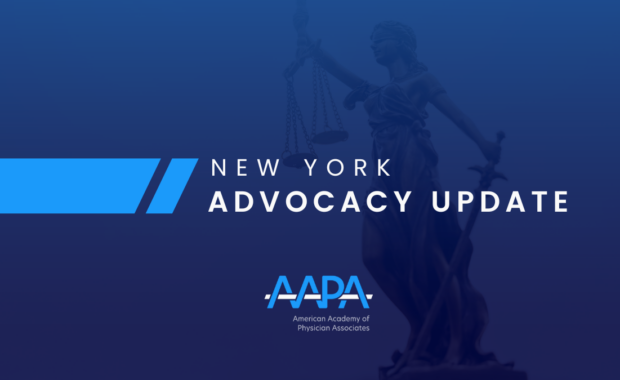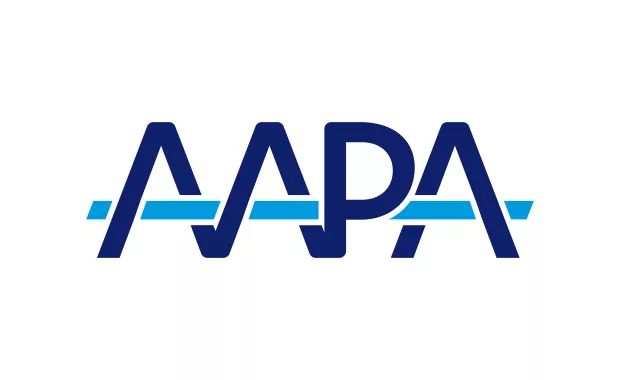Advice for New Grads: Choosing Your Specialty
The Blessing and Burden of Flexibility
February 1, 2019
By Verdale Benson

I was providing mentorship to a PA student when he asked me whether he should initially pursue a primary care job to solidify his medical foundation, or whether he should enter a specialty field. While reflecting on the question, I realized how the flexibility of our profession can feel like both a blessing and burden at times.
[Check out AAPA’s Mentor Match.]
Bottom line up front: Pursue the specialty you are passionate about.
My advice to new PAs is to get into the specialty you have the most passion for early and rise within it so that you can maximize your career growth potential. The knowledge and experience you gain will grow every year and that will increase your market value. It’s very similar to starting a financial savings plan early in life to maximize the benefits of compound interest.
Many practicing PAs believe that your education isn’t close to over when you graduate from school. As a new graduate in a specialty or even in primary care, you’ll still have to read up on disease states and best treatment practices. My experience has shown that you’ll get the training you need from your all of your colleagues, so the sooner you get into your specialty, the smarter you’ll become in what you love to do.
Now, I know there are PAs who are passionate about primary care, and it’s a great way to expand your medical knowledge and broaden your understanding of PA practice. My PA program focused on primary care, so I started my own career in primary care. I graduated with a firm foundation of knowledge, and learned more about primary care when I was practicing it. What I found, though, when I transitioned to my orthopaedic surgery PA job, is that some of my knowledge had atrophied. Since I’d been practicing primary care, that knowledge was foremost in my mind. The application of knowledge is what truly cements your school learning.
I know a lot of PAs who practice specialties are worried about PANRE, but it’s nerve-wracking for all PAs. Even for PAs who practice general medicine will need to brush up on certain topics and review many items before the exam. Practice varies not only by specialty, but also by population or location.
It will behoove every PA to stay abreast of current medical practices so that when the PANRE comes up, you aren’t trying to catch up on years of unused information. Consider using your CME each year to stay up to date and know that all PAs – no matter where they take their first or subsequent job – will need to review for the PANRE.
As PAs, our blessing and burden is that we have the freedom to change specialties, but we will always be held responsible for the knowledge that flexibility entails. Personally, I think this is a great problem to have. I love knowing a lot about many subjects and while I might not be an expert, I can have intelligent conversations on most medical topics. This flexibility is one of the aspects that drew me to the PA profession.
We’ll always have to know a little about everything, so keep your knowledge base as up to date as possible, and let your passion drive your employment decisions.
As you continue to navigate your career as a new graduate, be sure to consider joining AAPA and take advantage of all the benefits we have to offer. We know your to-do list is long, but AAPA is here to help.
Editor’s note: This article originally appeared in September 2015 and has been updated.
Verdale Benson, PA-C, is a 2012 graduate of the Emory University PA program. He currently staffs an occupational medicine clinic in Martinez, California. Contact him at [email protected].
More Resources
PA Verdale Benson Trains as Ninja Warrior
Early-Career PAs Share Leadership Advice
Career Central
Thank you for reading AAPA’s News Central
You have 2 articles left this month. Create a free account to read more stories, or become a member for more access to exclusive benefits! Already have an account? Log in.



